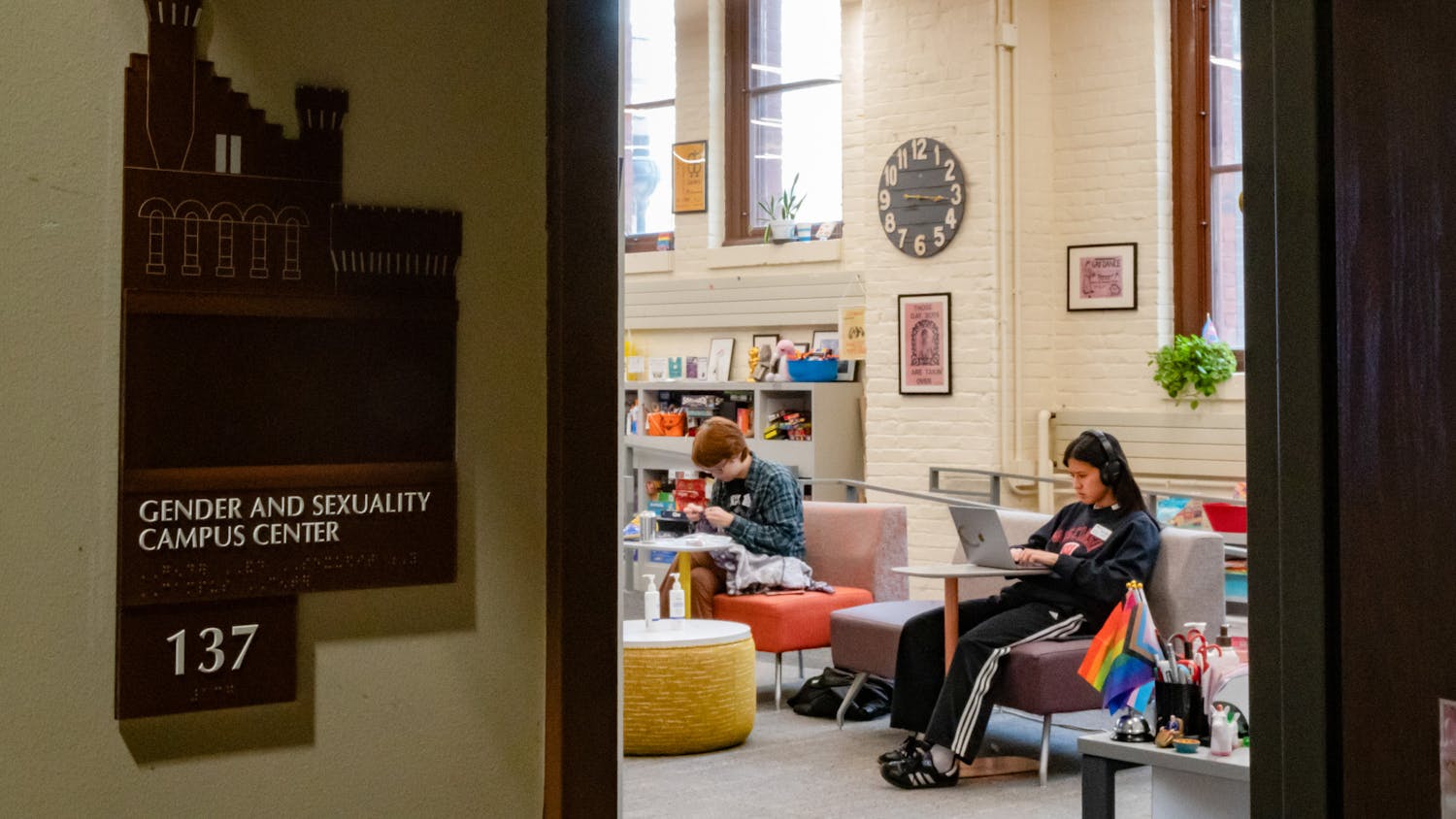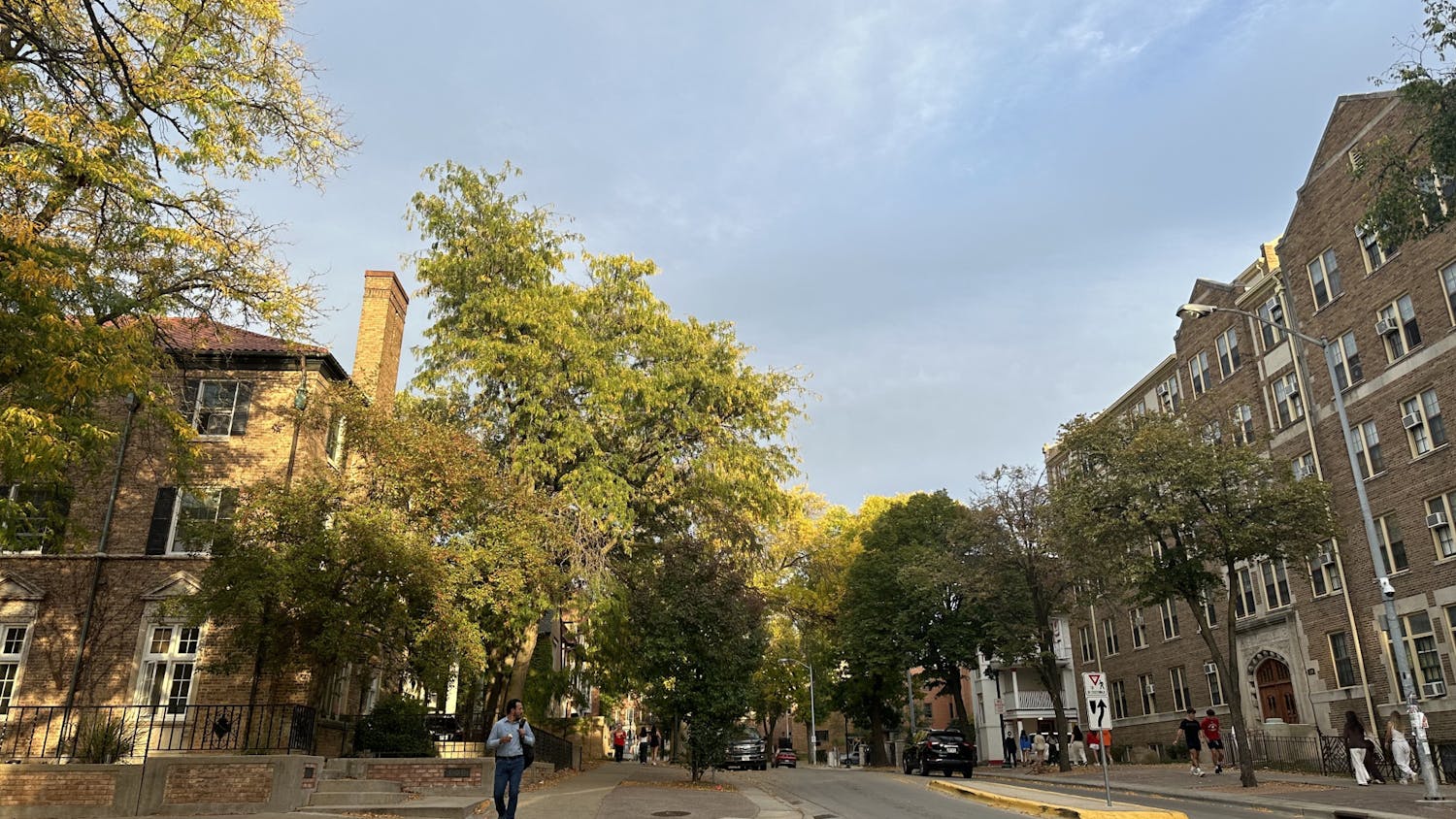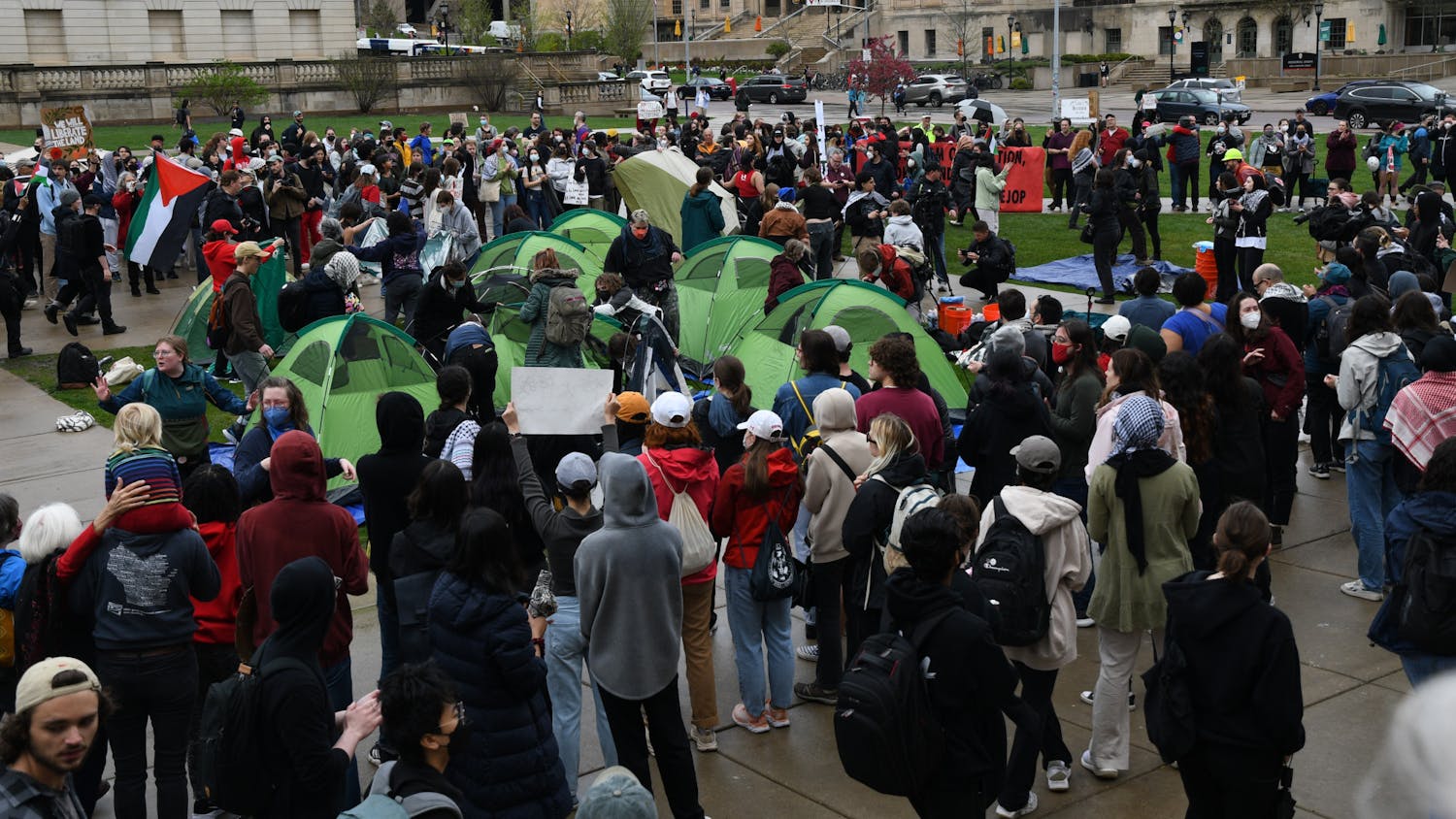As instruction resumed Monday after the Thanksgiving break, all UW-Madison classes have shifted online for the remainder of the semester in an effort to curb the spread of COVID-19 on campus and throughout the Madison community.
In the weeks leading up to Thanksgiving recess, nearly 300 new positive cases were confirmed among students on the UW-Madison campus.
As of Nov. 30, the seven-day positivity rate among students who got tested on-campus was one percent. At the time, eleven students stayed in isolation housing and an additional eleven were in quarantine housing provided by University Housing.
The rapid spread of COVID-19 cases across the country continues to spark concerns among health officials, especially in relation to the Thanksgiving holiday — a time when many opted to gather and travel, which increased the possibility of exposure.
University officials continued to emphasize the importance of following public health guidelines, urging students who traveled home for the break to stay home for the remainder of the semester and emphasizing the importance of students who have decided to return to campus to continue to follow public health guidelines.
Meredith McGlone, the Director of News and Media Relations at UW-Madison, stresses the university’s priorities regarding Thanksgiving recess: to help students traveling home do so safely, support students staying in Madison and provide guidance and support students who plan to return to Madison after the break.
“We saw strong demand for testing ahead of the break, which indicates that students understood the importance of testing before travel,” McGlone said. Due to the increased demand, no available University Health Services (UHS) COVID-19 testing appointments remained on Thanksgiving Eve. But, even though it seemed like students took precautions and the virus seriously, a single negative test doesn’t rule out exposure to COVID. The CDC now recommends that people wait four to six days after possible exposure to get their most accurate test result back.
“Remember that receiving a negative test immediately after traveling or attending a gathering is not an ‘all-clear,’” McGlone said.
According to UHS guidance, students living in residence halls should self-quarantine and follow public health protocols, as well as the updated University Housing testing schedule, which now requires residents to be tested twice per week upon their arrival back to Madison following the recess. Students living off-campus are also encouraged to self-quarantine and get tested twice, three to five days after their return and then again 10 to 12 days after returning to Madison.
During the Thanksgiving recess, some students elected to stay on campus, with a number of students remaining in on-campus isolation and quarantine housing during this time.
All isolation and quarantine housing accommodations remained open from Nov. 26 to Nov. 29 — the duration of the November break. Brendon Dybdahl, the director of Marketing and Communications for University Housing, noted how “these residents received a free Harvest dinner for Thanksgiving Day, as did all students who chose to stay in the residence halls for November Break.”
The majority of housing services also proceeded to operate as normal.
“Isolation and quarantine housing will continue operating for the remainder of the fall semester and exams, and throughout winter break as well,” Dybdahl said.
According to Dybdahl, the university expects approximately 2,000 students to be living on campus through the end of the Fall semester — and some will sign up for Winter Break housing.
McGlone reiterated the importance of COVID-19 testing participation among students who remain on campus, which can be scheduled through their MyUHS portal.
“Now that break is over, we’re reminding students who traveled and came back to campus to assume that they have come into contact with the virus and follow the guidance,” McGlone said. “There are plenty of testing appointments available this week.”
The shift to fully online instruction after the holiday was planned from the start of the term. The university has also preemptively cancelled next semester’s Spring Break over similar concerns about student travel during the pandemic.
Sophia Vento is a former editor-in-chief of The Daily Cardinal. She previously served as the college news editor. She has covered breaking, campus, city, state and sports, and written in-depth stories about health, culture and education. She previously interned with the Milwaukee Journal Sentinel. Any newsroom would be lucky to have Sophia on staff. Follow her on Twitter at @sophiasvento.






